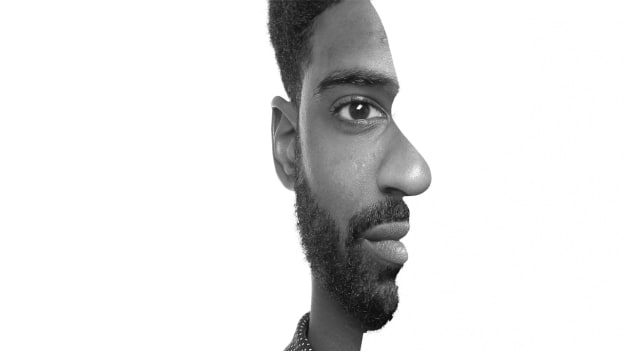The power of being a Deep Generalist

Don't be a jack of all trades; you'll end up becoming master of none", is a bit of usual advice you might have often received. In fact, "jack of all trades" is a figure of speech used about a person who has picked up many skills, rather than gaining expertise by focusing on one. So, the point conveyed is don't be in too many things, pick up one domain of your interest and build deep expertise. Become a specialist and don't be a generalist.
But in reality, most of humankind's significant breakthroughs haven't come from specialists; they have come from multifaceted individuals. Many of the world's several significant contributors were polymaths, whose knowledge spans across several subjects and complex bodies of knowledge to solve specific problems. Polymaths excelled at several fields in science, technology, engineering, mathematics, and arts.
Leonardo Da Vinci is likely to be the most talented Polymath ever in history. His areas of interest were painting, architecture, science, invention, music, sculpting, engineering, mathematics, anatomy, literature, botany, astronomy, geology, history and many more.
Many stories of successful people show that very narrow specialization can suppress creative thinking and problem-solving abilities. But that's what the world needs today - people who can solve complex issues that blend everything
Benjamin Franklin was an author, printer, politician, inventor and scientist whose scientific contributions have influenced physics and electricity. His inventions also include bifocals, the lightning rod, the glass harmonica, the odometer, and the first public lending library in the United States.
Founders of some of the largest companies in the modern world - Steve Jobs, Bill Gates, Warren Buffett, Larry Page, and Jeff Bezos are all polymaths.
Since the term Outliers became popular after Malcolm Gladwell's book, many believe that to become world-class, one must complete 10,000 hours of deliberate practice. However, this could be true in the domains of repetitive-tangible skills but not in the fields of deep cognitive learning.
Many stories of successful people show that very narrow specialisation can suppress creative thinking and problem-solving abilities. But that's what the world needs today - people who can solve complex issues that blend everything from human behaviour to physics to technology to design to transportation to environmental science.
Modern polymaths build atypical combinations of knowledge and skills across diverse fields and then integrate them to create breakthrough ideas and even brand-new fields and industries.
Elon Musk is a classic example of a modern-day polymath, who has combined an understanding of physics, engineering, programming, design, manufacturing, and business to create several multibillion-dollar companies in entirely different fields from Cars to Space Shuttles.
"Study the science of art. Study the art of science. Develop your senses - especially learn how to see. Realise that everything connects to everything else." - Leonardo Da Vinci
How to become a modern-day polymath?
In today's world of super specialisation, it's tough to find a polymath. As we make our way through school and college, we are always told to pick up one domain or one subject and narrow down to one single topic. Lots of career advice these days focus on finding your niche and specialising on that.
Here are some ways to become a polymath.
- Learn new languages. You need not be an expert, but it would be good to know the basics and common vocabulary to strike a casual conversation with a native speaker.
- Learn to be artistic. Take some piano lessons or get into drawing, painting or sculpting.
- Learn Psychology and Philosophy. Build curiosity about human beings, evolution, history and culture.
- Learn Science and Physics. Have an explicit knowledge of fundamental physics with the ability to understand and rationalise.
- Focus on learning from high-quality literature and not just superficial reading.
- Have an actively involved social life contributing to your community.
Study the science of art. Study the art of science. Develop your senses - especially learn how to see. Realize that everything connects to everything else - Leonardo Da Vinci
Need for deep generalists in today's workplace
Organizations are in dire need for professionals who could blend in-depth specialist knowledge and a broad understanding of business and connected disciplines. If you could become competent in two or three diverse domains and integrate them into a top one percent skillset, you are more likely to be successful than single domain specialists.
Automation will continue to wipe out repetitive tasks once performed by skilled workers. Entry-level jobs will become scarce; specialists will have a huge competition as there will be too many specialists in almost all the domains of work.
According to a World Economic Forum survey of leading global employers, the top five most in-demand skills by 2022 will be:
- Analytical thinking and innovation
- Active learning and learning strategies
- Creativity, originality and initiative
- Technology design and programming
- Critical thinking and analysis
Building all the above skills for the future can only be possible by someone with diverse interest and passion for continuous learning, which is the essential quality of a Generalist who could also go more in-depth to become a Specialist. It’s obvious that future is for Deep Generalists.
















